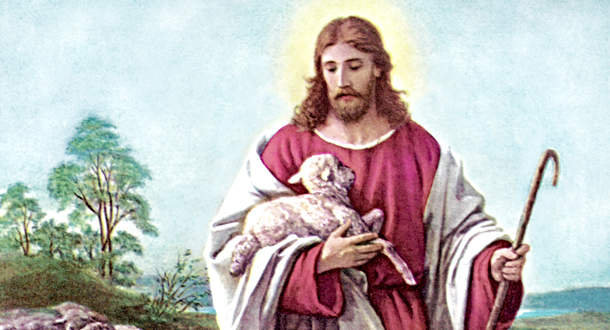 Scripture:
Scripture:
Acts 4:8–12
1 John 3:1–2
John 10:11–18
Reflection:
We are invited to reflect upon the Good Shepherd gospel from Saint John today. We may have visions of white, fluffy lambs over the shoulder of a long-haired, sturdy, bearded, young man who exudes a ruggedness that says, “I will protect you”. Perhaps we see that same man with a crook in his hand standing in the midst of a flock of sheep who never lose sight of their shepherd. For sure, the image is a time honored and noble one but one that requires a great deal of imagination from us. Few of us today have spent time on a farm or in any countryside where sheep herding is a common sight. In my neck of the woods, the few sheep we may see are safely locked up inside their fence or corral, protected from enemies by electricity and barbed wire.
Perhaps we need to think in terms of another image which may speak to us of today’s gospel message. The image may be different for each of us but I suggest there is one there in our lives if we look. Fourteen years ago, I bought my older sister a German Shepherd puppy to replace her dog which had died two months earlier. She lives a five hour drive from me. I picked up the puppy and kept it with me for five days before driving it to her house. In those five days, Mia and I bonded so closely that for fourteen years she stayed at my feet and next to my bed every time I went to visit my sister. When I walked into the house Mia would run to me and my sister would say, “Well, I guess I’m chopped liver until you go back.” This is the kind of closeness Saint John is attempting to describe with his image of the Good Shepherd. It is a closeness that is warm, personal and protective.
If this be the case, what are we to do to make this Scripture come alive for us? First, I suggest we look to the heart of the message. Jesus as Good Shepherd is really about relationships. It is one of St. John’s ways of thinking about and visualizing the relationship which exists between Jesus and His followers, between Jesus and us. This is a relationship that is intimate. All parties know each other very well. They call each other by name. They feel safe with one another. They are deeply protective of one another. They know each other’s voices and respond almost automatically because the voices reveal hearts touching hearts. Do we truly believe that this description of our relationship with the Lord is the foundational fruit of the Resurrection of Jesus? Such bonds form the foundation of our baptismal life with the Lord and each other. Such bonds can never be broken, torn apart or dismantled by any power or force. It is the most excellent Easter gift Jesus gave to us.
In the Acts of the Apostles, Saint Luke makes it extremely plain through the words of Peter. Jesus is the cornerstone of our relationship. All rests on and in Him. The cornerstone of our relationship with the Lord will never crumble or be dislodged because it rests on a once and for always sacrifice, sealed with the blood of Jesus and now basking in the glory of the Resurrection. Saint John says it all once again in his first letter. “We are God’s children now; what we shall be has not yet been revealed. We do know that when it is revealed we shall be like him, for we shall see him as he is.” Saint John is saying that since the Resurrection of Jesus, we live our lives in the intimate, warm, protective relationship of child to parent and that with the passage of time, it will only get better.
Today’s Easter message invites us to understand ourselves as loved beyond our imagination. We may not always understand why but Saint John, both in his Gospel and in his letter, wants us to understand that we are firmly grounded in divine love, that God is on our side at all times, and that Jesus our Good Shepherd always has our back.
Fr. Richard Burke, CP, is a member of St. Paul of the Cross Province. He lives at St. Ann’s Monastery in Scranton, Pennsylvania.

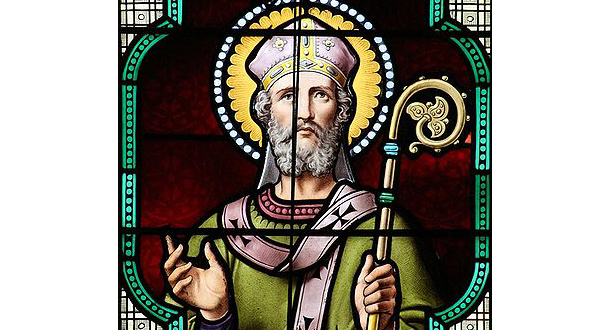 Scripture:
Scripture: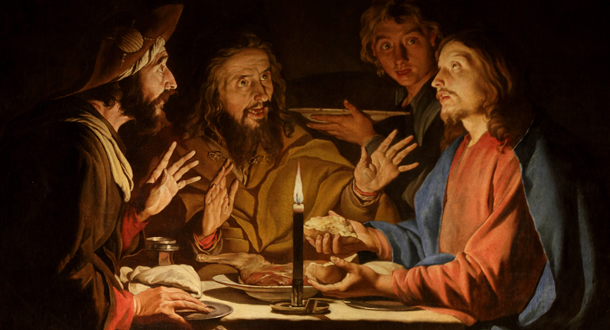 Scripture:
Scripture: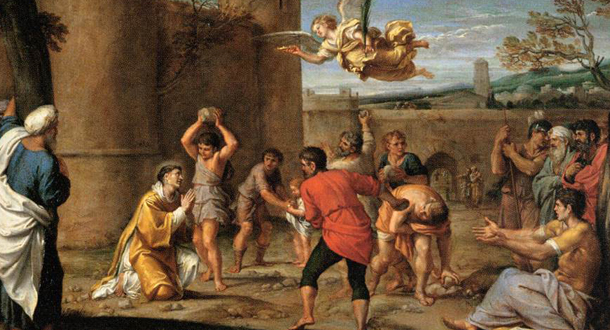 Scripture:
Scripture: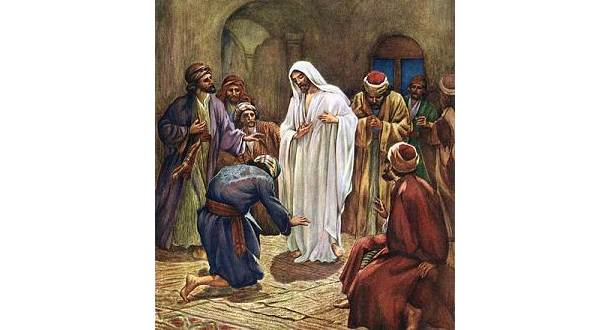
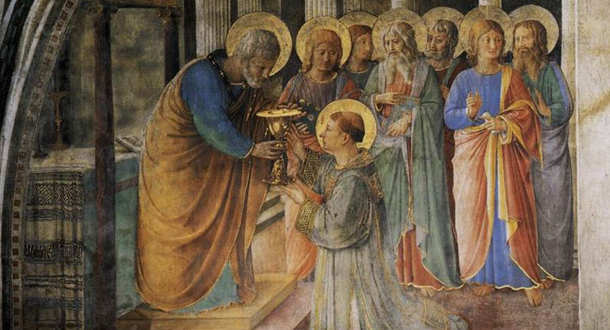 Scripture:
Scripture: Scripture:
Scripture: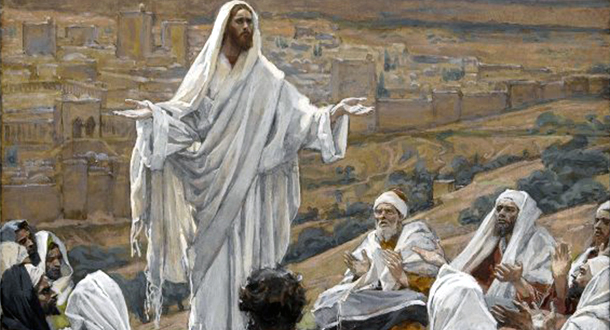 Scripture:
Scripture: